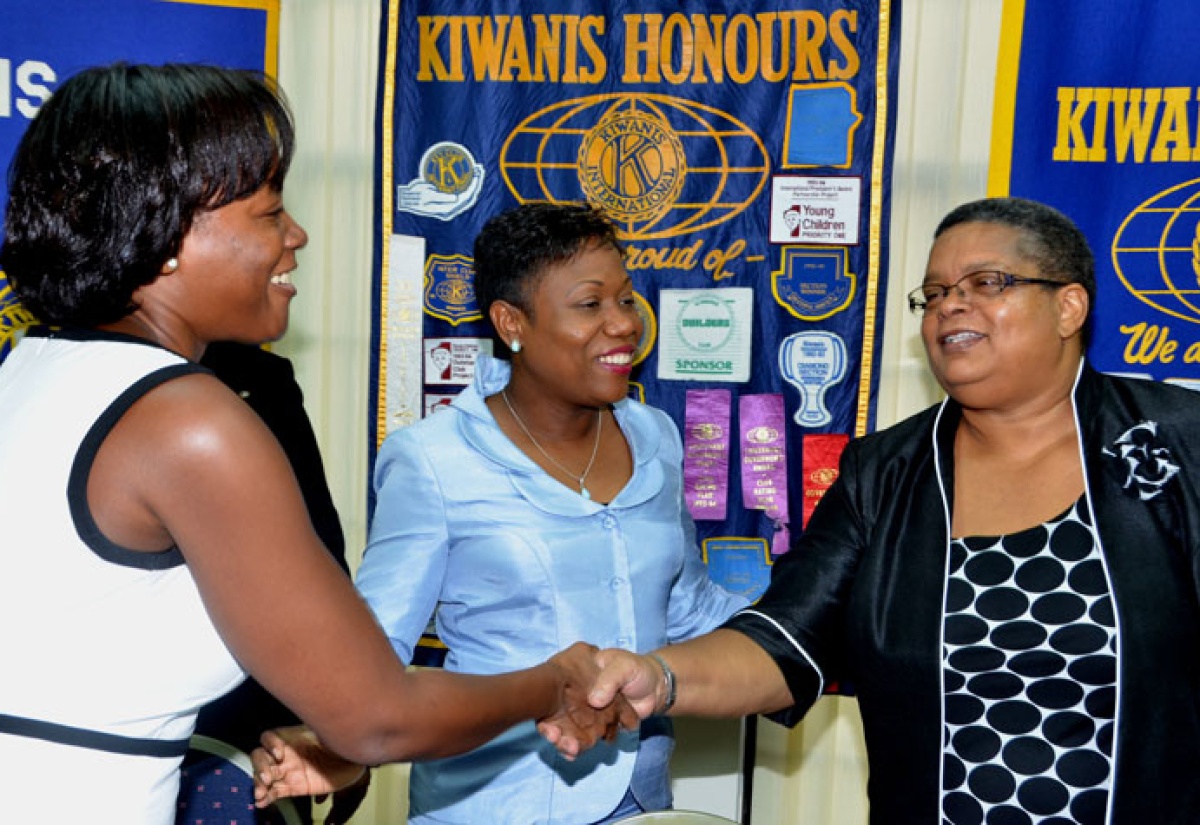Jamaicans Warned Against Becoming Victims of Human Trafficking
By: , July 18, 2014The Key Point:
The Facts
- This, as persons can easily find themselves victims of human trafficking, where they are forced to work in the sex trade, and engage in other degrading activities, for little or no pay.
- Permanent Secretary in the Ministry of Justice and Chair of the National Task Force Against Trafficking in Persons, Carol Palmer, issued this warning as she addressed a seminar on human trafficking.
The Full Story
Jamaicans are being warned to exercise caution when taking up jobs overseas, particularly if they are not qualified for the post which they are being offered.
This, as persons can easily find themselves victims of human trafficking, where they are forced to work in the sex trade, and engage in other degrading activities, for little or no pay.
Permanent Secretary in the Ministry of Justice and Chair of the National Task Force Against Trafficking in Persons, Carol Palmer, issued this warning as she addressed a seminar on human trafficking hosted by the Kiwanis Club of New Kingston at the offices of the Institute of Chartered Accountants of Jamaica in Kingston on July 16.
Stating that “human trafficking is real”, Mrs. Palmer said that the market is estimated at US$32 billion per annum, with the United States being the main destination for those who are trafficked.
“In Jamaica we have a mentality that we are looking for greener pastures, and then when we get to greener pastures, we realise that where we are, isn’t so green at all,” she remarked, noting that persons should ensure that they have all the relevant information about prospective employers.
Other categories of vulnerable persons include tourists, the homeless, runaway teens, refugees, and drug addicts.
Mrs. Palmer also cautioned against exposing personal information online, particularly on social networking websites. “We must beware…Facebook and twitter (etc)…you are not to share personal information…and as adults, we have to manage our children’s use of the internet as well, so don’t just give them free rein”.
Mrs. Palmer explained that trafficking includes, among other things: exploiting persons for sex; forced labour or services; slavery or practices similar to slavery; servitude; and removal of organs.
The various types of human trafficking include: sex trafficking, debt bondage, bonded labour; forced labour; involuntary domestic servitude, child soldiering, and child sex trafficking.
The Permanent Secretary issued an appeal to persons, who suspect cases of human trafficking to immediately contact the relevant authorities at: the Jamaica Constabulary Force’s (JCF) National Intelligence Bureau at 811; the Office of the Children’s Registry at 1888-PROTECT; the JCF’s Trafficking in Persons Unit at 967 1389; the Victim Services Division at 946-9287; or the nearest police station.
According to the US State Department and the international labour organization, 27 million persons have been trapped into modern-day slavery globally, with 800,000 trafficked across borders every year, as of 2007.
Additionally 2 million children are exploited by the global commercial sex trade.


